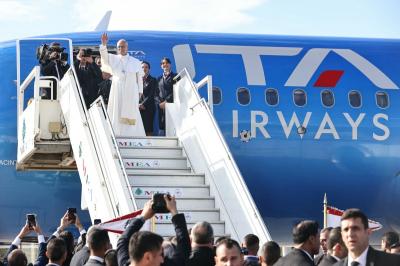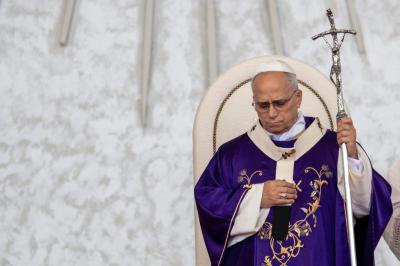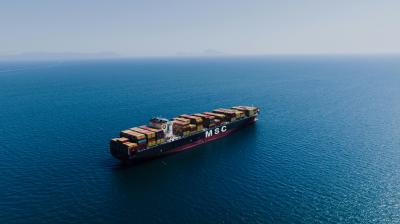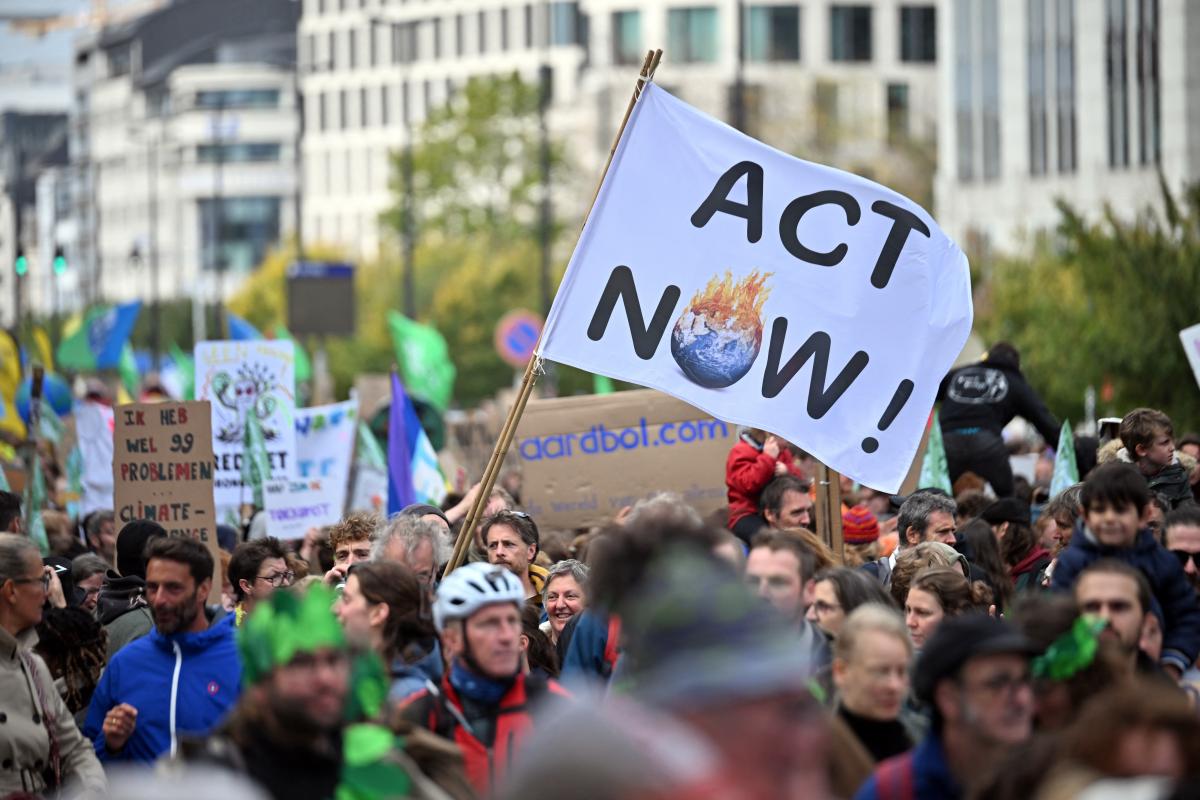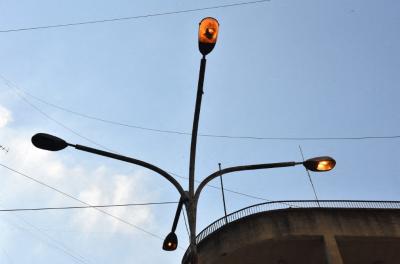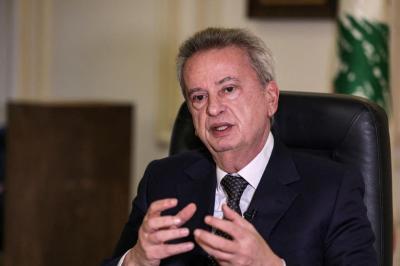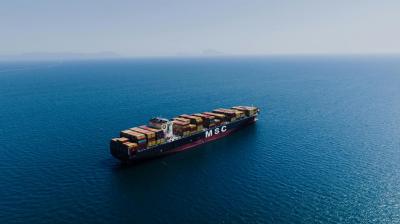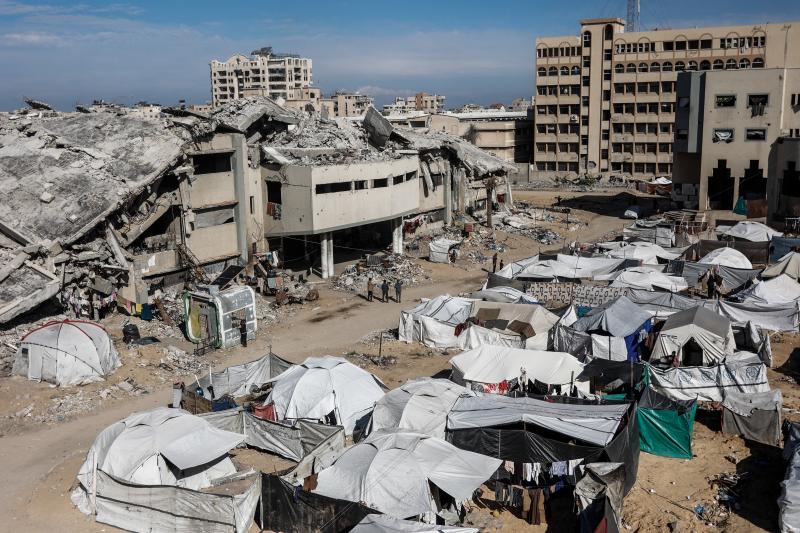The feeling that “the world is going badly” resonates deeply in contemporary societies, reflecting a convergence of interconnected crises that span the economic, social, environmental, political, and technological spheres.
This perception is gaining momentum: the standoff between democracies and “democratorships” is reshaping a multipolar world in which countries of the Global South are confronting the West. The Western model, despite all its historic promises, has failed to effectively combat poverty and inequality. “Illiberalism” is, in the end, an admission of the failures of “liberal capitalism,” which for decades used “the defense of human rights” as its most visible and acceptable façade. Behind this façade, capitalism built a system of profit extraction that trampled on the universal humanism it claimed to defend.
The global economy, meanwhile, is increasingly marked by wealth concentration. According to Oxfam reports, 1% of the world’s population holds more than half of global wealth, while billions live below the poverty line. The COVID-19 pandemic deepened this divide: the richest saw their fortunes soar thanks to stock market gains and tech investments, while precarious workers — especially in developing countries — lost their livelihoods. Inflation, aggravated by crises such as the war in Ukraine, has driven up the cost of living, making access to food, housing, and energy increasingly difficult for the middle and working classes. This economic polarization fuels social resentment, often exploited by populist movements.
Geopolitical tensions and conflicts are shaking the world like never before. The war in Ukraine, launched in 2022 and on which Trump seems to have stumbled, has not only caused massive human losses but also disrupted global supply chains — especially in energy and grain — worsening food insecurity in regions like East Africa.
In the Middle East, ongoing tensions — particularly between Israel and its neighbors — continue to generate cycles of violence and instability. At the same time, the growing rivalry between great powers such as the United States and China is manifesting in an arms race, trade wars, and struggles over strategic resources (rare earths, semiconductors). These geopolitical tensions, combined with the proliferation of nuclear weapons and cyberattacks, raise fears of a return to bloc politics reminiscent of the Cold War.
What we are experiencing is not simply the accumulation of new, temporary crises. We are witnessing a profound shift into a new world, driven by another industrial revolution: the revolution of digital technology and artificial intelligence. No sector will be immune to the paradigm shifts imposed by AI.
Climate change is perhaps the most pressing challenge. Reports from the IPCC warn that global warming is dangerously close to the critical 1.5°C threshold, with visible consequences already: extreme heatwaves, floods, droughts, and accelerated glacier melt. In 2025, events such as megafires in Australia and floods in South Asia displaced millions of people, while entire regions — such as certain Pacific islands — risk becoming uninhabitable. The poorest populations, though least responsible for CO₂ emissions, suffer the worst impacts, deepening environmental injustices. Despite pledges at COP conferences, efforts to cut emissions remain insufficient, slowed by economic interests tied to profit.
The political outcome of these multi-factor, turbulent horizons is clear: our societies are becoming increasingly divided, fractured, and segmented. The rise of populism, both on the right and the left, reflects growing distrust of elites and traditional institutions — governments, the media, and international organizations alike. Elites have not improved people’s lives; they have subjected them to unilateral power.
These mounting tensions fuel a confrontation — still indirect for now — between the West and the Global South. The first camp reigned unchallenged for centuries in the name of democracy, bolstered by its intellectual and military elites. The second camp is biding its time, convinced that Western values failed to impose a just and equitable system. The end of the Cold War between the United States and the Soviet Union has been replaced by a new global confrontation.
Please post your comments on:
[email protected]
 Politics
Politics
